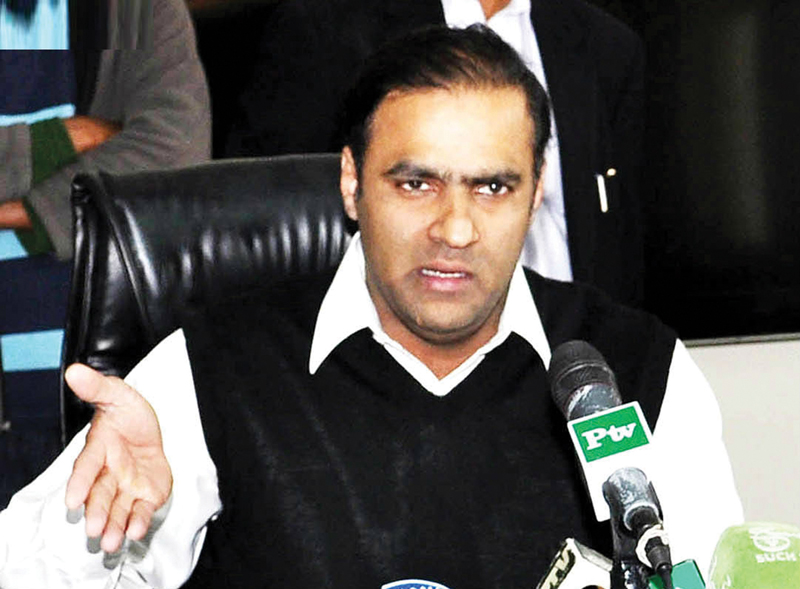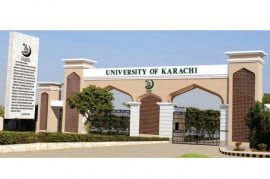
In its bid to diversify its energy mix, the government has been giving attention towards fast tracking development of alternative and renewable energy resources in the country, he said while speaking at the International Summit on Wind Energy in Pakistan - Opportunities and Challenges. The summit was organised by Energy Update in collaboration with World Wind Energy Association, Pak German Chamber of Commerce and Industry, Sindh energy department, Alternative Energy Development Board (AEDB) and the Sindh Board of Investment. It was held to highlight the development, challenges and future of renewable energy on Thursday.

“In a short span of 10 years, Pakistan has started harnessing the immense potential of alternative and renewable energy resources available in the country,” claimed Ali. At the moment, there are 35 wind power projects having a cumulative capacity of 1,752 megawatts (MWs), which are at different stages of development and operation, whereas 12 power projects of a cumulative capacity of 590.5MWs are operational and are supplying electricity to the national grid, said the state minister.
He said the incumbent government has successfully strived to ensure sustainability, reliability, and affordability of energy in the country and, for this, renewable energy sources available in the country are being promoted.
Shedding light on the work done by AEDB to promote renewable energy, AEDB chief executive officer Amjad Ali Awan said that the country has been able to generate 1135MWs through alternative modes of power production and wind-based energy has so far been the major contributor towards clean energy production in Pakistan.
AEDB has been arranging financing through international donors to ensure expansion and upgrades of power transmission capacity of the country in order to connect upcoming wind energy projects in Sindh to the national grid.
Sultan Farooq Khan, a consultant in the energy sector, said that Pakistan was still in the infancy stage of exploring alternative energy, as only 5% to 10% of the country’s total electricity needs are being met through renewable sources of power generation. In comparison, Denmark has been producing 145% of its electricity requirement through renewable resources and has also been exporting clean energy.
Sindh Transmission and Dispatch Company (STDC) CEO Rehan Hamid said that Sindh has become the first province to establish its own transmission and dispatch company in light of the 18th Amendment, as STDC is willing to support development on 35 prospective wind power projects, for which letters of intent had been issued by the Sindh government as their commissioning would add a further 2,735MWs of clean energy to the country.
He said that STDC had completed almost 90% work on its 95-kilometre-long transmission line, which will be used for transmission of power from the 100MW gas-based power plant at Nooriabad being established by the Sindh government.
Published in The Express Tribune, November 4th, 2016.





1732783305-0/Untitled-design-(6)1732783305-0-270x192.webp)











COMMENTS
Comments are moderated and generally will be posted if they are on-topic and not abusive.
For more information, please see our Comments FAQ